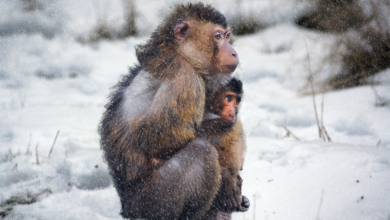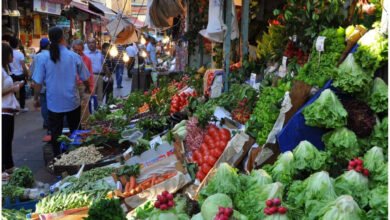Introduction of Indochina Food
Understanding Indochina
Are you keen to discover Indochina’s treasures in Southeast Asia? Vietnam, Laos, and Cambodia all make up this region, which is well recognized for its rich cultural heritage, fascinating history, and delectable cuisine.
The Uniqueness of Indochina Food
Indochina food, an amalgamation of various influences, presents a blend of bold flavors, vibrant colors, and diverse textures. Each dish tells a story, but what truly brings these narratives to life are the traditional cooking techniques involved. So let’s take a closer look at these techniques that make Indochina cuisine unique.
Indochina’s Traditional Cooking Techniques
At the heart of Indochina’s culinary scene lie eight traditional cooking techniques. They add flavor, enhance texture, and connect modern-day food to the region’s rich history.
Vietnamese Cooking Techniques
Water Frying (Ran)
Vietnamese cuisine takes pride in its technique of water frying or ‘Ran.’ Here, food items are dipped in a water-based batter and fried until golden. This gives a delightful crunch on the outside while preserving the ingredients’ freshness inside.

Grilling (Nuong)
‘Nuong’ or grilling is another popular method in Vietnam. From streets to fancy restaurants, you’ll smell the aroma of grilled meats, seafood, and vegetables, often marinated with lemongrass and fish sauce. It’s a symphony of smoky flavors!
Laotian Cooking Techniques
Steaming (Mok)
‘Mok,’ or steaming, is a traditional Laotian technique that involves wrapping food in banana leaves before steaming it. This imparts a subtle, earthy flavor to the food, and the aroma when the parcel is unwrapped is genuinely something to savor.
Sticky Rice Making (Kao Niaw)
Making ‘Kao Niaw,’ or sticky rice, is a staple in Laos. It’s a straightforward process, requiring only a bamboo steamer and a serving basket. The rice undergoes soaking, steaming, and resting, resulting in a perfect, chewy texture.
Cambodian Cooking Techniques
Smoking (Khor)
‘Khor’ or smoking is a prominent method in Cambodian cooking. The slow and careful smoking of meats imparts a unique, profoundly savory flavor that is hard to resist.

Fermenting (Prahok)
Fermentation, or ‘Prahok,’ is essential to Cambodian cuisine. This technique transforms fish into a tangy, salty condiment in various dishes, giving them a uniquely Cambodian twist.
Shared Indochina Cooking Techniques
Stir-frying (Xao)
Stir-frying, or ‘Xao,’ is a technique shared across Indochina. It’s a fast, high-heat method that retains the food’s crunchiness and freshness while infusing it with the seasoning flavors.

Soup Making (Canh)
Soup-making or ‘Canh’ is another standard method. From clear broths to hearty stews, soups are integral to the Indochina table, offering comfort and nourishment in every spoonful.
Conclusion
Exploring traditional cooking techniques offers a deeper understanding and appreciation of Indochina food. The rich culinary traditions tell the story of the region’s history, culture, and people, making each dish a delectable journey into the heart of Indochina.
FAQs for Traditional Cooking Techniques in Indochina Food
How does fermentation contribute to Cambodian cuisine?
Fermentation transforms fish into a tangy, salty condiment, 'Prahok,' used in many dishes for a uniquely Cambodian flavor.
Why is sticky rice a staple in Laos?
Sticky rice, or 'Kao Niaw,' is versatile and filling and complements many Laotian dishes, making it a staple in the country.
What is the significance of banana leaves in Laotian cooking?
During the steaming process, banana leaves are commonly utilized to wrap food., giving the food a subtle, earthy flavor and aroma.
What does water frying or 'Ran' achieve in Vietnamese cuisine?
Ran' gives the food a delightful crunch on the outside while preserving the ingredients' freshness.








